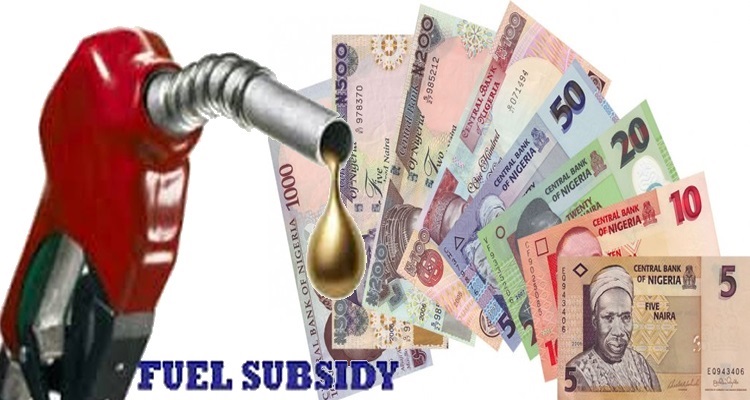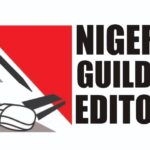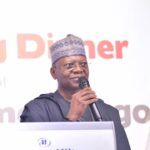The federal government has been told to channel savings on fuel subsidy removal, when it happens, to develop multimodal transportation infrastructure across the country, to enhance mobility.
This view was canvassed by organisers and participants on Monday at the 4th Africa Sustainable Urban Mobility Course held in Abuja.
- NIGERIA DAILY: Why States Cannot Survive Without Federal Allocation
- Boko Haram forcing parents to withdraw children from schools, Niger raises alarm
Engr. Emmanuel John, the Director, Africa Sustainable Urban Mobility Course, told reporters on the sidelines of the event that building an efficient transportation system that deploys all the multimodal transportation systems will take more cars off the road, impact the economy better and the environment positively.
“Recently, the Minister of Finance was saying when the subsidy is removed, the FG will give some stipends to Nigerians to compensate them but that will increase motorization.
“We need to use that money recovered from subsidies to build massive transport infrastructure in our cities, more organized transport systems like BRT and light rail.
“We should also build bicycle lanes, etc so fewer people will drive cars.” he stated.
Speaking about the conference, he said: “The 4th Africa Sustainable Urban Mobility Course is a training programme that started in 2019 as part of our own commitment to having the best transportation system in our cities.
“This is a collaboration with the Transformative Urban Mobility initiative of the German Government, Transpiration growth initiative Nigeria, the Institute for Transportation and Development Policy, the UN-Habitat and the National Open University.
“It is about building the capacity of stakeholders, particularly policymakers, engineers, planners, advocates, and researchers in the urban, transport and mobility sectors of the transport sector,” he explained.
He said the goal is “working at building an efficient public transport system – cycling, walking, technological enhancement and ensuring electrification of vehicles.
“So that our transport system can be fit for today and tomorrow,” he said.
Also speaking at the event, Mr Mahmoud Muhammad, Commissioner of Housing and Transportation, Kano State, agreed that subsidy removal proceeds should be used to develop transport infrastructure.
“I support the use of the subsidy savings to develop transport infrastructure across the country. Transportation is the bedrock of any economy.
“If the subsidy will be invested in the transportation sector, it will be the best decision by the government because of the multiplier effect.
“If our major cities like Abuja, Kano, Ibadan, Lagos and PH have effective and efficient urban transportation, the consumption of refined fuel will drop by 50 per cent.
“With reduced full consumption, it will impact air quality, climate change, and the economy,” he said.

 Join Daily Trust WhatsApp Community For Quick Access To News and Happenings Around You.
Join Daily Trust WhatsApp Community For Quick Access To News and Happenings Around You.


